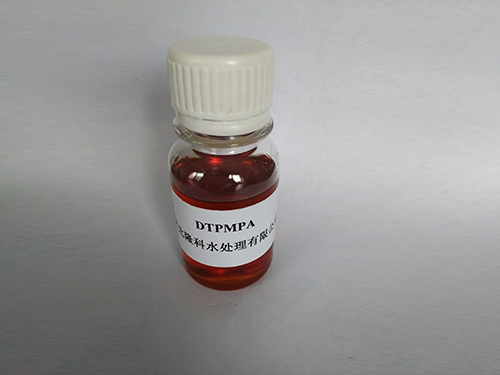inhibitor water treatment
Inhibitor Water Treatment Enhancing Efficiency and Sustainability
Water treatment is an essential process for ensuring safe drinking water, protecting ecosystems, and supporting industrial operations. Among various methods employed in water treatment, the use of inhibitors has gained significant attention due to their efficiency and ability to promote sustainability. Inhibitors are chemical substances that minimize unwanted reactions, thereby improving water quality and prolonging the lifespan of water treatment systems.
One of the primary applications of inhibitors in water treatment is in the prevention of scale formation and corrosion. Scale deposits, primarily composed of minerals, can accumulate in pipes and equipment, leading to reduced flow rates, increased energy consumption, and costly maintenance. Corrosion, on the other hand, can compromise the structural integrity of piping systems, leading to leaks and potential contamination of water supplies. Inhibitor water treatment addresses these issues by introducing substances that impede the crystallization of minerals and protect metal surfaces from corrosive agents.
Chemical inhibitors, such as phosphonates, polyacrylates, and organic acids, are commonly used in various water treatment applications. These inhibitors work by altering the surface properties of minerals and metals, preventing their interaction with water or reducing their reactivity. By employing these substances, operators can significantly extend the operational lifespan of pipes, boilers, and cooling systems, resulting in substantial cost savings.
inhibitor water treatment

Inhibitor water treatment is not limited to industrial applications; it is also increasingly being adopted in municipal water systems. In urban areas, where water quality may be compromised by pollutants, the application of inhibitors can enhance the effectiveness of traditional treatment processes. For example, inhibitors can be added during the coagulation and sedimentation phases of water treatment to prevent the formation of sludge and improve clarification efficiency.
Furthermore, the environmental benefits of inhibitor water treatment cannot be overlooked. By reducing the frequency and severity of maintenance interventions, the application of inhibitors decreases the need for chemical cleaning agents, which can be harmful to aquatic life and ecosystems. Additionally, maintaining optimal water quality helps to protect biodiversity and promote healthier aquatic environments.
As the push for sustainable practices continues to grow, the role of inhibitors in water treatment becomes even more critical. The demand for clean water is rising globally, and innovative solutions are needed to manage this resource efficiently. Implementing inhibitor technologies can contribute to more efficient water use and lower energy consumption, thus aligning with environmental sustainability goals.
In conclusion, inhibitor water treatment represents a significant advancement in the field of water management. By preventing scale formation and corrosion, these substances enhance the efficiency of water systems while ensuring the safety and quality of water supplies. As industries and municipalities seek to adopt greener practices, the integration of inhibitors into water treatment protocols will play a pivotal role in creating resilient and sustainable water management strategies for the future. Embracing this technology not only supports operational efficiency but also contributes to the protection of our precious water resources for generations to come.
-
Water Treatment with Flocculant Water TreatmentNewsJun.12,2025
-
Polymaleic AnhydrideNewsJun.12,2025
-
Polyaspartic AcidNewsJun.12,2025
-
Enhance Industrial Processes with IsothiazolinonesNewsJun.12,2025
-
Enhance Industrial Processes with PBTCA SolutionsNewsJun.12,2025
-
Dodecyldimethylbenzylammonium Chloride SolutionsNewsJun.12,2025





